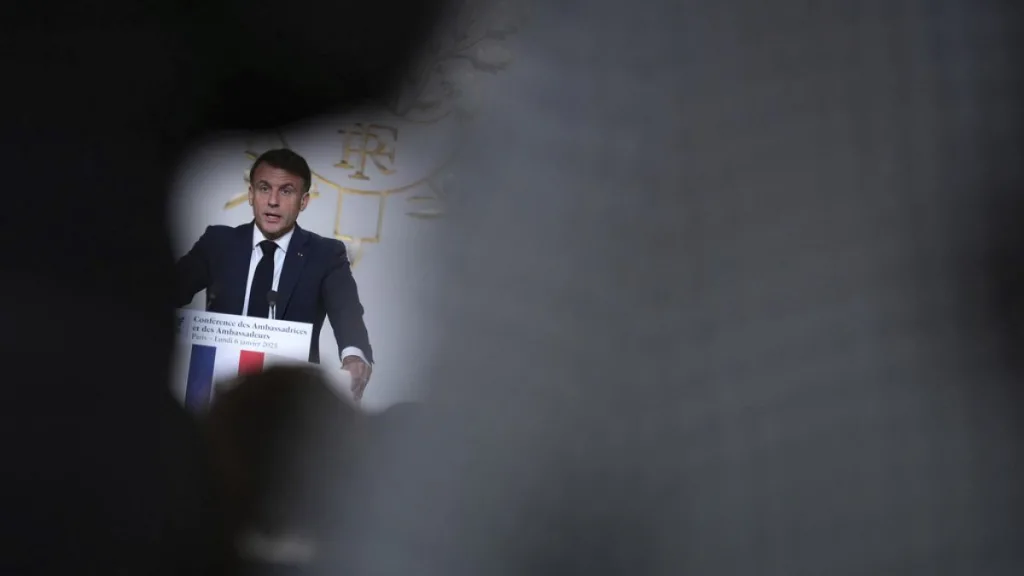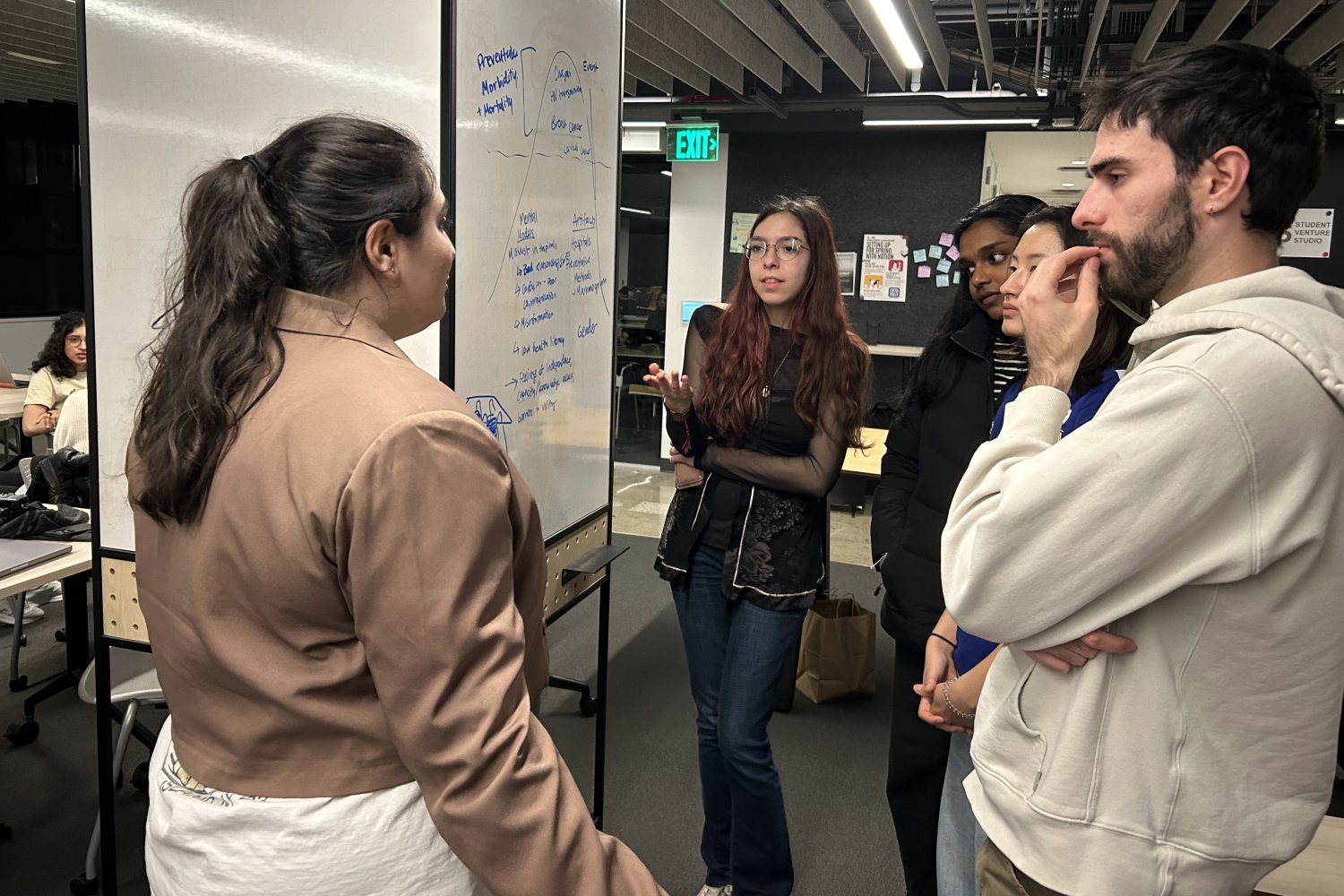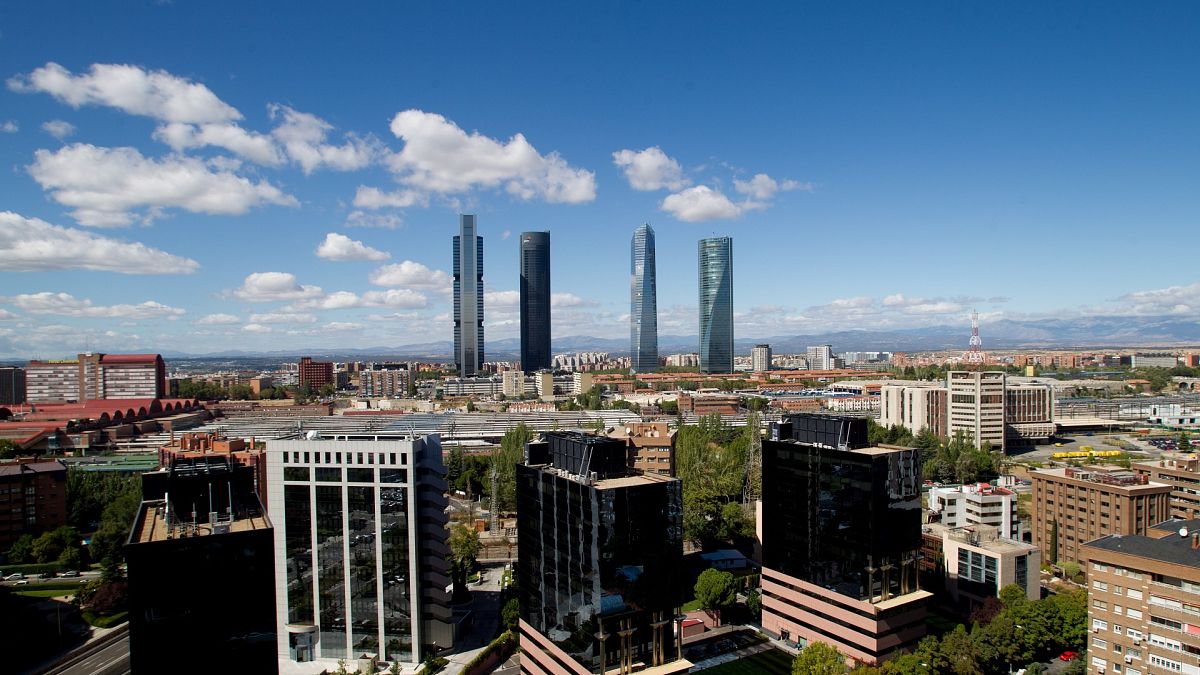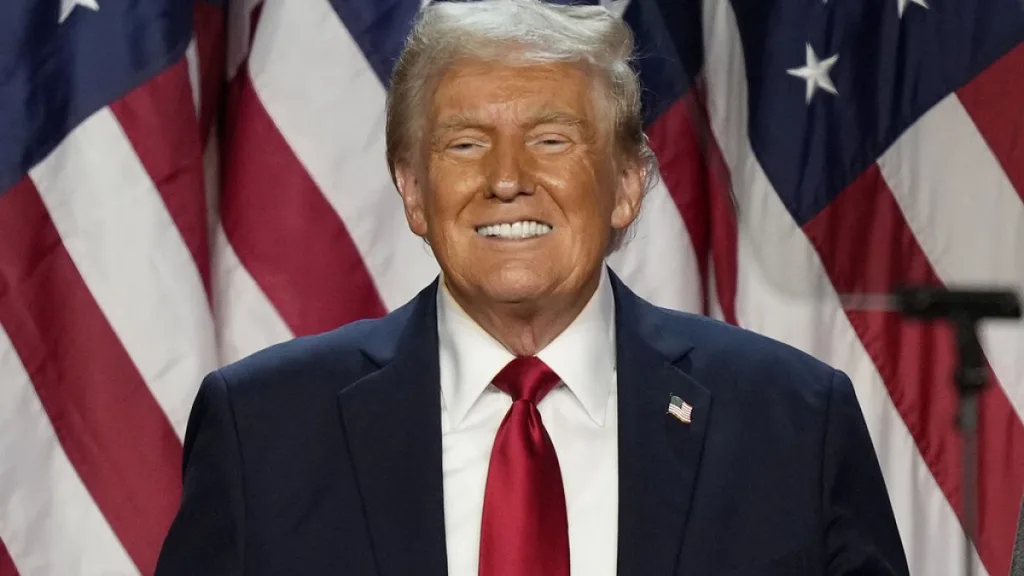French President Emmanuel Macron recently stated that the World Trade Organization (WTO) is failing to function effectively, highlighting that multiple countries are diverging from its framework. In contrast, European Trade Commissioner Maroš Šefčovič reiterated the European Union’s (EU) commitment to robust multilateral trading rules during a visit to the WTO in Geneva.
Šefčovič emphasized the EU’s dedication to revitalizing the WTO, asserting, “We are committed to the proper functioning of the World Trade Organization.” He made these remarks before a meeting with WTO Director-General Ngozi Okonjo-Iweala, stressing that for the WTO to remain a pertinent platform for global trade, it must tackle contemporary challenges head-on.
This reaffirmation of commitment starkly contrasts Macron’s earlier comments, where he criticized the international trade rules that, according to him, are not respected by significant players like the United States and China. Macron expressed the need for Europe to safeguard its ability to control every element of its value chain, noting that the EU’s tariffs on Chinese electric vehicles do not go far enough to protect European interests.
He remarked, “This is quite simply what the US has been doing for decades, for itself and with its partners under the North America Free Trade Agreement.” Reflecting on the 2018 free-trade agreement between the US, Canada, and Mexico, Macron noted how it set stringent standards for the origin of automotive components.
The US has also implemented the Inflation Reduction Act, which incentivizes local battery manufacturers to source raw materials domestically. Meanwhile, China is pushing telecommunications firms to phase out foreign chips, a tactic aimed at controlling the value chain within its borders. Such actions, however, conflict with WTO rules that label them as discriminatory.
Macron articulated his concerns, stating, “At a time when the rules of the WTO are no longer respected by either China or the US, we will continue to do so, but on our own. It’s not working.”
In Geneva, Šefčovič asserted that to keep the WTO relevant for global trade, it must “reinvent” itself to effectively address the difficulties faced in today’s trading environment. The EU has positioned itself as a staunch advocate for reforming the WTO’s Dispute Settlement Body, which has faced obstructions from the US, and is also pushing for new regulations concerning subsidies and overfishing.
However, with Donald Trump likely returning to a politically charged trade policy centered on protectionism, the WTO’s future may remain uncertain and challenging.
Photo credit & article inspired by: Euronews



